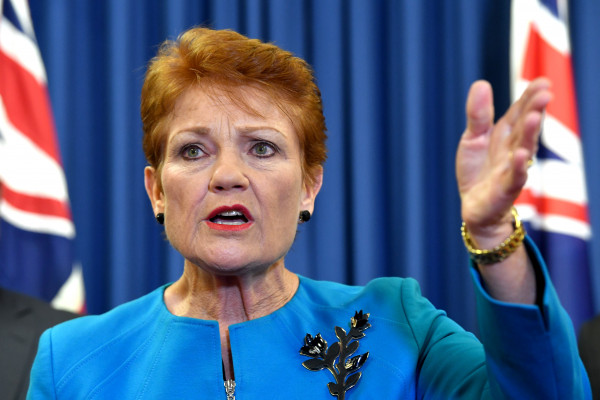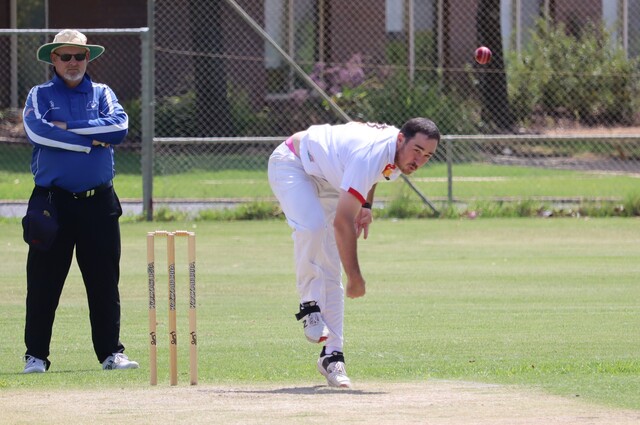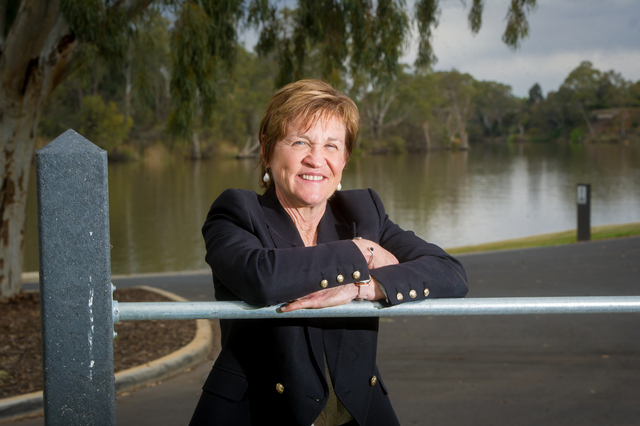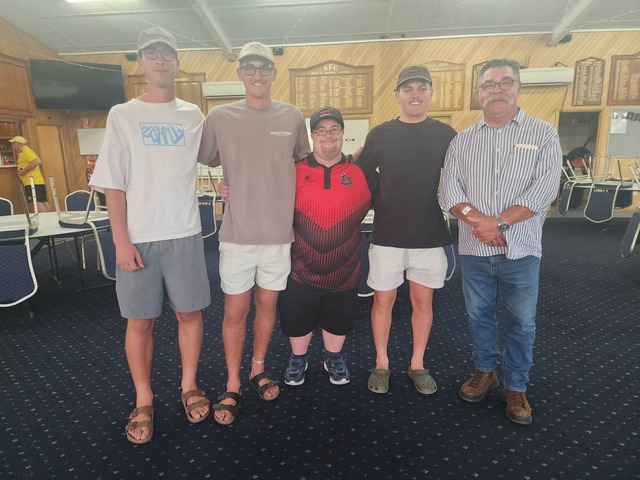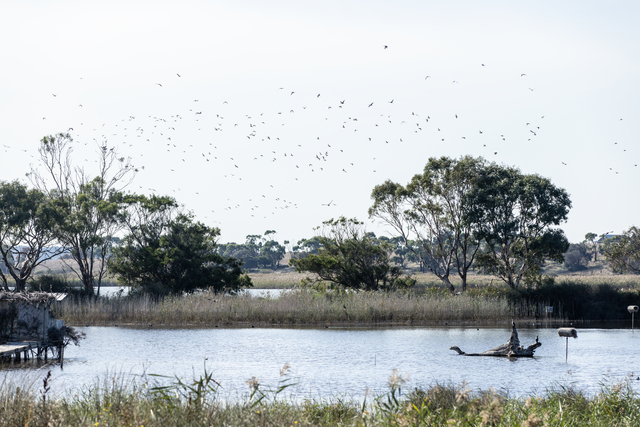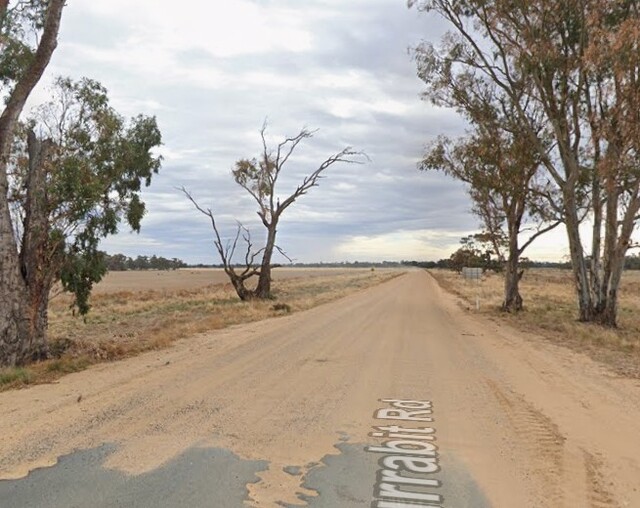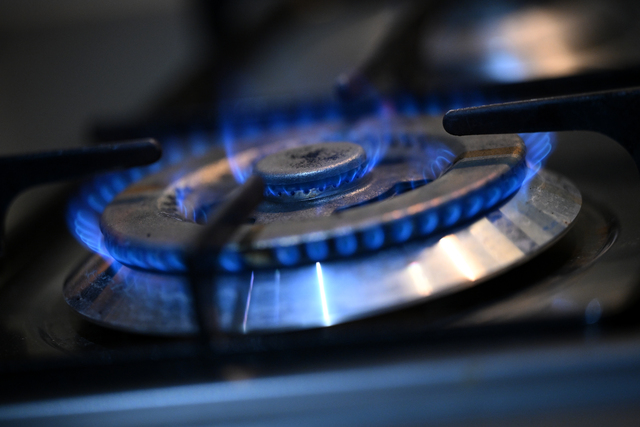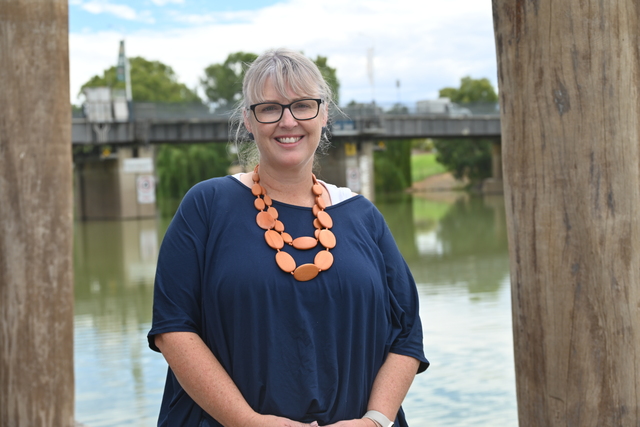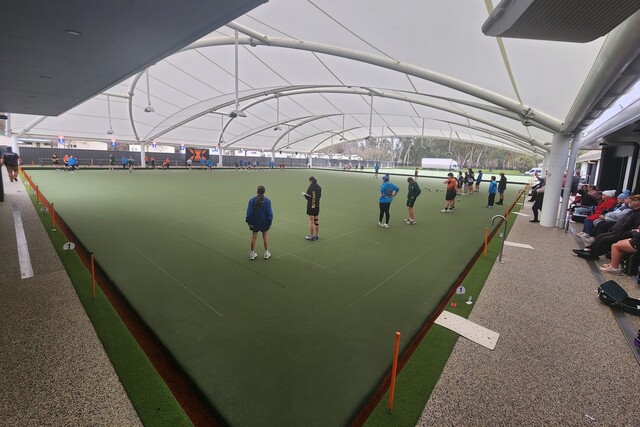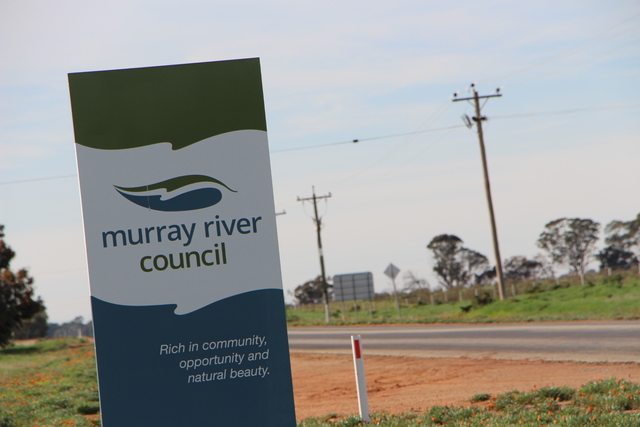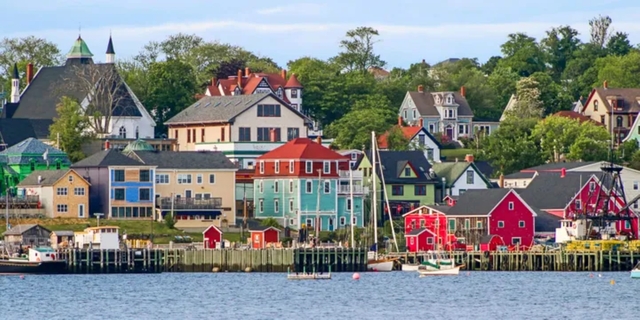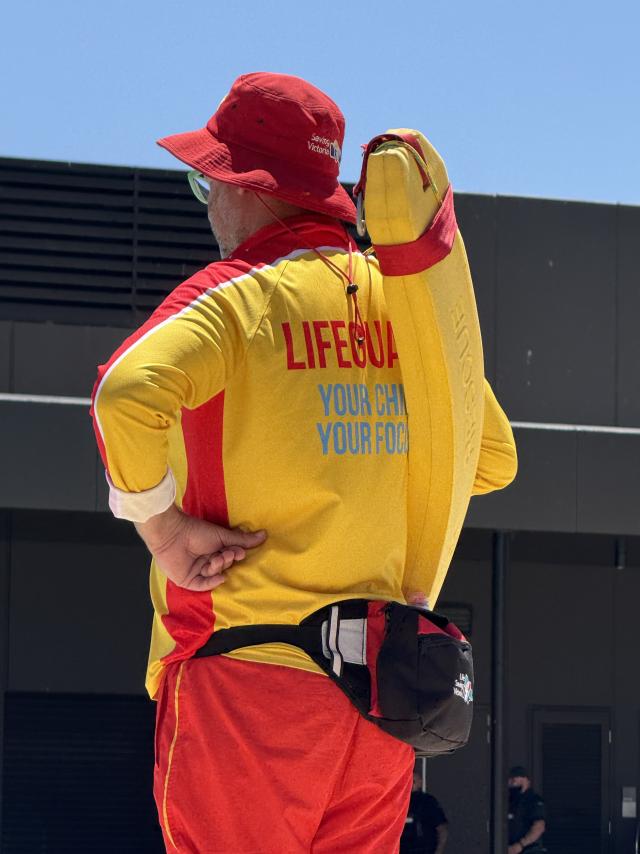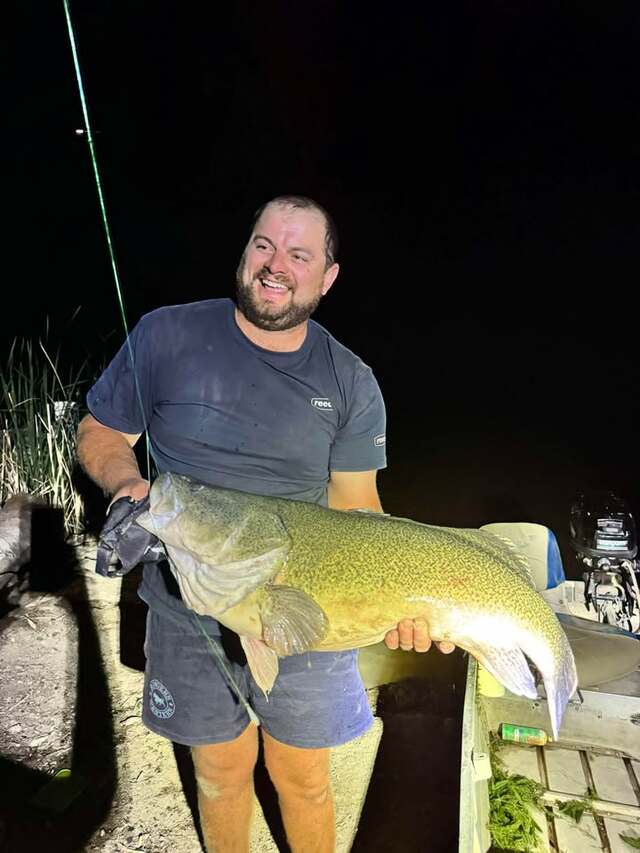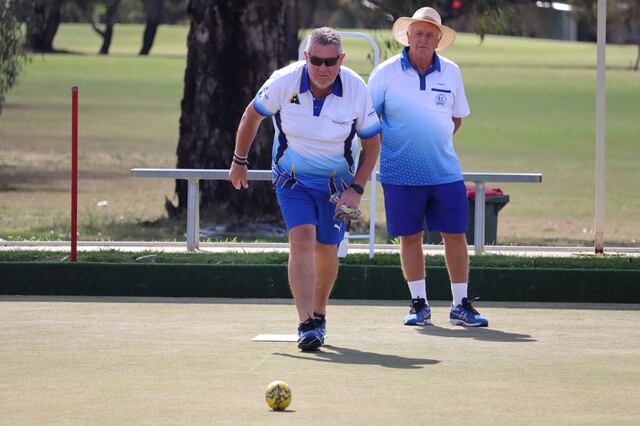PAULINE Hanson appears to be running a Queensland-based “ghost” candidate in Mallee under her One Nation banner.
Vanessa Atkinson has formally nominated to contest Mallee in the federal election, but is not named in the list of federal election candidates on the party’s website, has made no campaign launch and released no policy statements. Neither did she attend this week’s public candidate forum in Mildura.
One Nation is the subject of an Australian Electoral Commission review over claims it has fielded so-called ghost candidates, many of whom live and work far from the electorates they are contesting in Victoria, NSW and the ACT.
There is no legal requirement that a candidate be based in the electorate they contest, or even the same state, but One Nation’s strategy is considered highly unusual.
Sunraysia Daily has so far been unsuccessful in attempts to contact Ms Atkinson, or verify her background, but she is said to be a massage therapist based near Bundaberg in Queensland, about 1500km from Mildura. It is known that a Queensland physiotherapist by that name received a number of media inquiries about the issue on Thursday, but she did not return calls to the Daily or respond to a request to clarify whether she was the Mallee candidate.
At a national level, One Nation’s apparent ghost-candidate strategy has come under public scrutiny over the nomination of Narelle Seymour, the party’s candidate for the southern Sydney seat of Hughes.
She is one of seven candidates contesting the seat, held by the United Australia Party’s Craig Kelly, the controversial former Liberal MP who has teamed up politically with billionaire Clive Palmer.
Like the Mallee candidate, however, Ms Seymour has sought no public profile since her nomination and media attempts to interview her have been unsuccessful.
The UAP’s Mallee candidate, Stuart King, said One Nation was entitled to field a candidate in Mallee, but he didn’t expect someone who didn’t live here, and didn’t campaign, to win many votes.
He speculated that some One Nation candidates might only be running so that the party would have a polling-booth presence on election day, when it could hand out how-to-vote cards which would also promote its Senate candidates.
Mr King said One Nation would have a “small, core group” of voters in Mallee and he accepted that as the parties shared some similar platforms, a One Nation candidate could take some votes away from him.
“I would just ask that if they want to vote for One Nation, they consider putting me second (preference),” he said.
Anne Webster, the Nationals MP who now holds Mallee, said the nomination of an interstate candidate was “strange” and unlikely to appeal to local voters.
“The people of Mallee want strong, local representation. They’ve got to have confidence that their member is in their corner, fighting for them,” Dr Webster said.
“You can’t get a good understanding of local issues, and the lives of individuals and families in Mallee, by looking at a map.”
Dr Webster said she had no idea what One Nation hoped to achieve through a ghost-candidate strategy but, when asked if she thought her hold on the seat would be at all threatened by a candidate from another state, she said: “Not really.”
One Nation is believed to have fielded at least a dozen candidates who seem to have no connection to the seats they are contesting.
Australian electoral candidates and parties who earn at least 4 per cent of first-preference votes are eligible for taxpayer funding of about $2.90 per vote, plus an automatic payment of just over $10,000, paid after the election.

